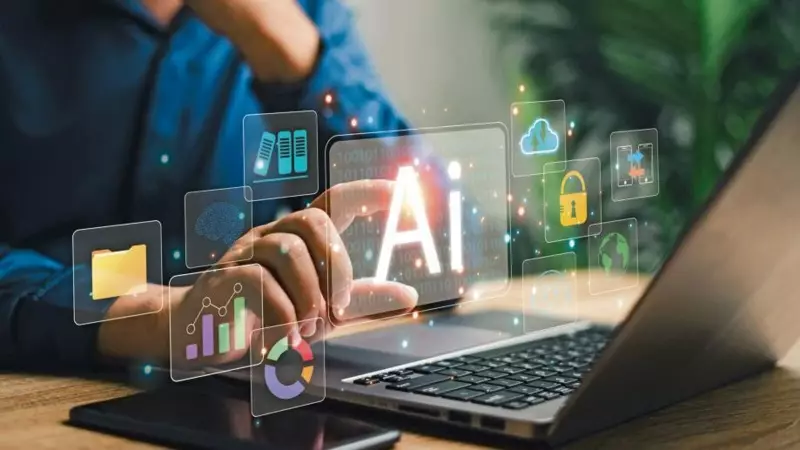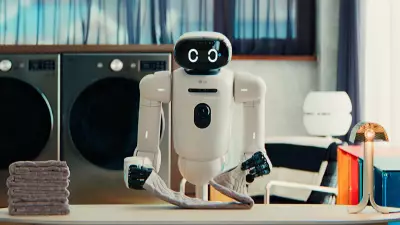
The Artificial Intelligence tsunami is sweeping across India's professional landscape, creating both unprecedented opportunities and significant challenges for the country's massive workforce. While AI promises to supercharge productivity and economic growth, it's simultaneously targeting white-collar roles that were once considered secure career paths.
The Double-Edged Sword of AI Advancement
India stands at a critical juncture where AI implementation could either catapult the nation into a new era of economic prosperity or leave millions of professionals struggling to stay relevant. The technology is no longer confined to science fiction—it's actively reshaping how businesses operate and employees work.
Productivity Boom: The Bright Side
AI-driven automation is set to dramatically boost productivity across sectors. From streamlining administrative tasks to enhancing decision-making processes, artificial intelligence enables workers to focus on high-value, strategic activities rather than routine operations. This efficiency gain could position Indian companies more competitively in the global market.
The Automation Threat: White-Collar Vulnerabilities
However, this progress comes with a sobering reality. Roles in data analysis, content creation, customer service, and even mid-level management are increasingly susceptible to automation. AI systems can now perform tasks that previously required human intelligence, from writing reports to analyzing complex datasets.
India's Unique Position in the AI Revolution
As one of the world's largest economies with a young, tech-savvy population, India has both advantages and vulnerabilities in the face of AI transformation. The country's massive IT and services sector, which employs millions, faces particular disruption as AI tools become more sophisticated.
Adaptation Strategies for Indian Professionals
- Upskilling Imperative: Continuous learning and acquiring AI-complementary skills have become non-negotiable for career survival
- Human-AI Collaboration: The future workplace will likely emphasize human workers managing and working alongside AI systems
- Creative and Emotional Intelligence: Roles requiring creativity, emotional intelligence, and complex problem-solving remain relatively secure
The Road Ahead: Balancing Innovation and Employment
Government policies, educational reforms, and corporate responsibility will play crucial roles in ensuring that AI adoption benefits the broader economy rather than creating widespread job displacement. The challenge lies in harnessing AI's productivity benefits while managing the social and economic impacts of workforce transformation.
As India navigates this technological watershed, the decisions made today will determine whether AI becomes an engine of inclusive growth or a source of economic disruption. The nation's ability to adapt its workforce and create new opportunities in the AI era will shape its economic trajectory for decades to come.





